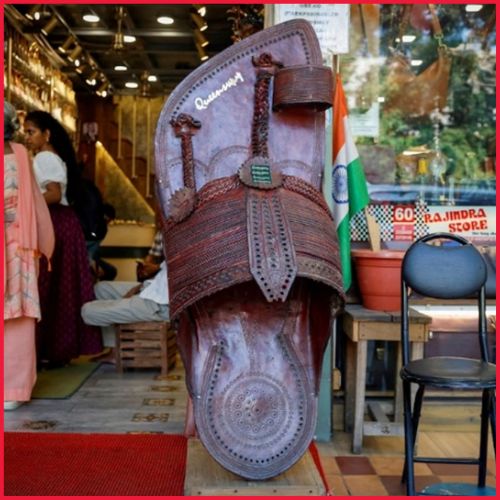PC: Business Standard
Bengaluru and California-based spacetech startup Pixxel said on Tuesday it closed another $24 million in funding under the Series B round, following new investors M&G Catalyst and Glade Brook Capital Partners. That rounds out a broad base of existing backers which include Google, Radical Ventures and Lightspeed. Overall, the funding raises brought $95 million in across the board rounds for the Pixxel startup to date.
The funds raised will considerably boost Pixxel’s efforts to speed up the launch of its ambitious project involving 18 commercial hyperspectral satellites. These satellites are designed to enhance the company’s AI-driven Earth Observation platform, Aurora, which aims to provide comprehensive analysis and actionable insights from the data collected.
Pixxel was founded by Awais Ahmed and Kshitij Khandelwal. Pixxel specializes in developing hyperspectral imagery satellites. These innovative satellites capture a spectrum of light divided into hundreds of narrow spectral bands, allowing for a more nuanced understanding and discernment of terrestrial features than traditional imaging methods. Specifically, Pixxel’s satellites are engineered to capture data across more than 250 spectral bands at a spatial resolution of 5 meters. This feature allows the technology to spectrally fingerprint Earth, giving information that appears impossible for regular imaging techniques.
The potential applications of the Pixxel technology involve agriculture, climate monitoring, resource management, mining, environmental conservation, energy, and urban development. This is because giving organizations such intelligence equips them to make data-driven, informed decisions, thereby allowing for efficient and sustainable operational activity.
In February 2024, Pixxel made headlines by unveiling the first set of hyperspectral images captured by its satellites. These images showcased intricate details of diverse geographical features, including the Krishna River Delta in India, the Palm Islands in Dubai, the Super Pit in Australia, the Saloum River Delta in Senegal, and the Granny Smith Gold Mine also in Australia. This showed how impressively capable its technology was as well as the possible insight it could provide to other kinds of industries.
In fact, Pixxel had recently bagged the biggest supplier deal by an Indian company through NASA, which further re-establishes its position in such a competitive market for space technologies. This deal not only boosts the credibility of Pixxel but also widens the scope for new collaborations and growth.
Financially, Pixxel reported an operating revenue of ₹15.33 crore and a loss of ₹10.17 crore for FY23, marking the challenges that come with the spacetech sector’s rapid growth. The company’s annual report for FY24 has yet to be filed, but the latest funding is expected to provide the necessary resources to navigate the financial landscape while expanding its technological offerings.
The trend for advanced satellite imagery and data analytics creates massive potential for Pixxel, as it gears towards reaping the advantages associated with it. This is partly due to investor confidence in Pixxel’s vision and technology following a successful closure of the round of funding.
In conclusion, with the recent funding of $24 million, Pixxel is ready to take hyperspectral imaging to a new level and expand its market presence. This innovative approach by the startup in Earth observation technology promises to deliver critical insights across multiple industries, paving the way for a data-driven future in environmental monitoring and resource management.














